
Overreaction of the body to some infections is called sepsis. There are three stages of sepsis: uncomplicated, severe and septic shock. Uncomplicated sepsis is in general caused by some infection and it can be dental abscess or the flu. This condition is extremely common and as the name suggests, it doesn’t require any hospital treatment. Severe sepsis is characterized by effects on the different vital organs in the body. Reaction to infection in this case usually interfere function of the heart, lungs or the liver.
Septic shock
Septic shock is a serious septic problem, followed by extremely low blood pressure (hypotension) and inadequate supply of blood to organs in the body. Any untreated sepsis may progress and complicate further, leading to septic shock or even multiple organ failure or lethal consequences.
Sepsis detection
Early detection of sepsis is crucial for this condition, in order to avoid damage to vital organs. Uncomplicated sepsis may be treated at home with some prescription antibiotics from your doctor. Severe sepsis and septic shock require urgent medical treatment and they are commonly treated in hospital environment in intensive care units. According to statistics, 30 to 50% of severe sepsis patients will die because of this problem.
About Neonatal Sepsis
This term, neonatal sepsis is commonly used to describe presence of bacteria in the blood stream. This can be diseases such as: gastroenteritis, pyelonephritis, meningitis or pneumonia and doctors will suspect sepsis every time the child has extremely high temperature. Doctors may have problems diagnosing the condition, since signs such as respiratory failure or hemodynamic compromise are not useful and don’t appear in all neonates all the time. Sometimes, condition followed by high temperature might have imminent lethal consequences in such young kids.
Prevention and Treatment of Neonatal Sepsis
In young children it is very hard to exclude sepsis if they have high fever. Any temperature over 38°C (or 100.4°F) may point to sepsis, except if the child has obvious acute viral bronchiolitis. This requires complete workup and blood count, blood and urine culture and analysis of the urine. It also requires studies of cerebrospinal fluid (CSF) and CSF culture.
As the preventive measure, the child should be admitted to hospital and treated for severe bacterial infection for 48 hours until blood, urine and CSF cultures proves no bacterial growth. Some doctors recommend Rochester criteria, in order to stratify the child according to the risk of sepsis and decide whether it is safe for the child to stay at home instead in the hospital environment regardless of high temperature.


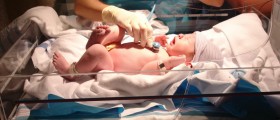
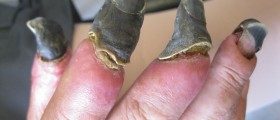
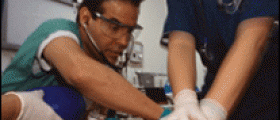
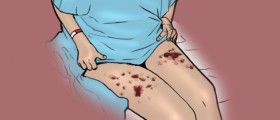





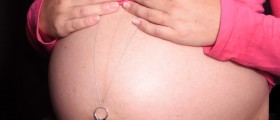



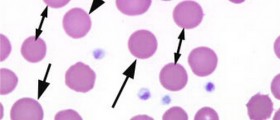

Your thoughts on this
Loading...